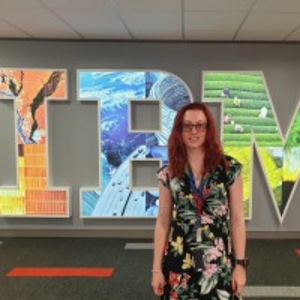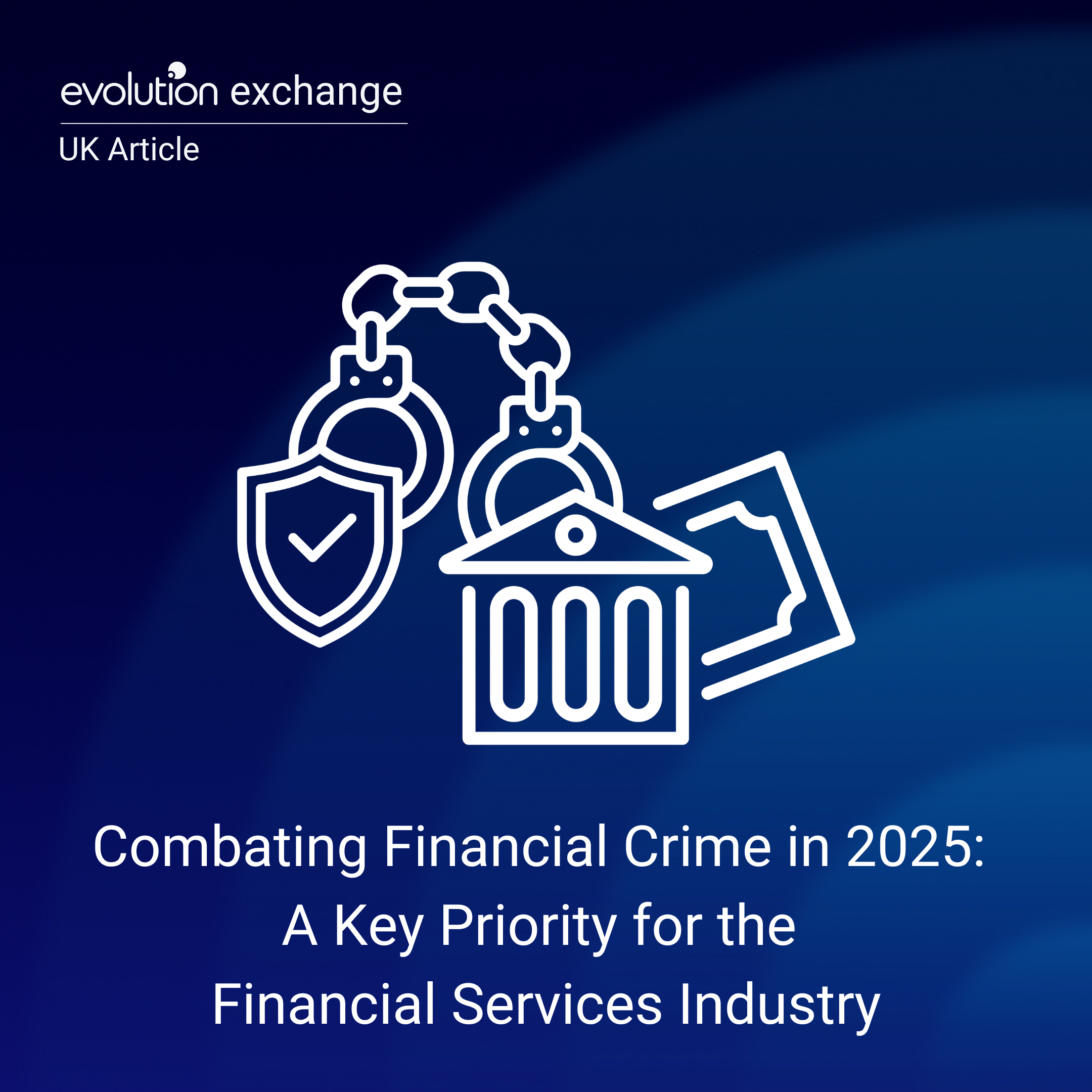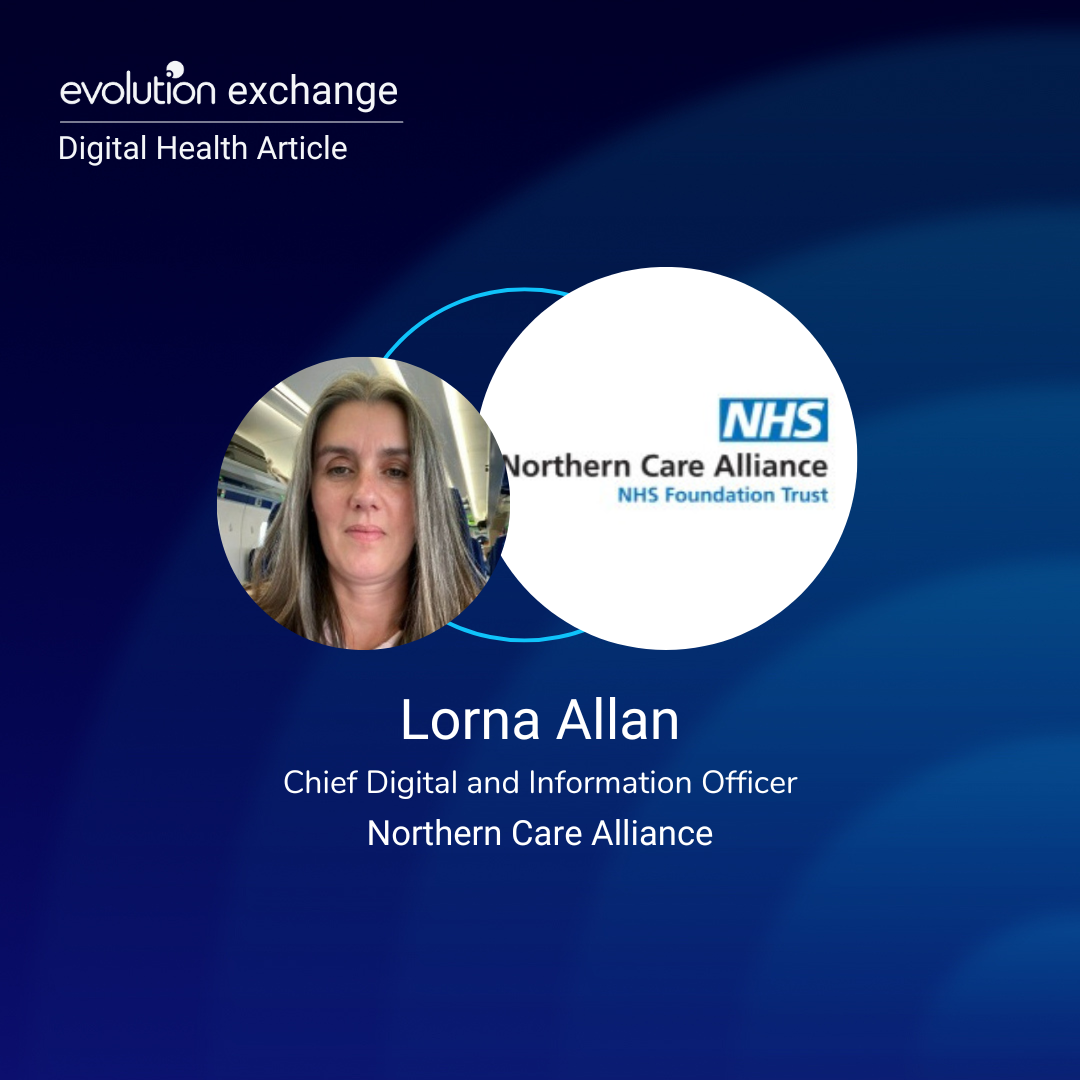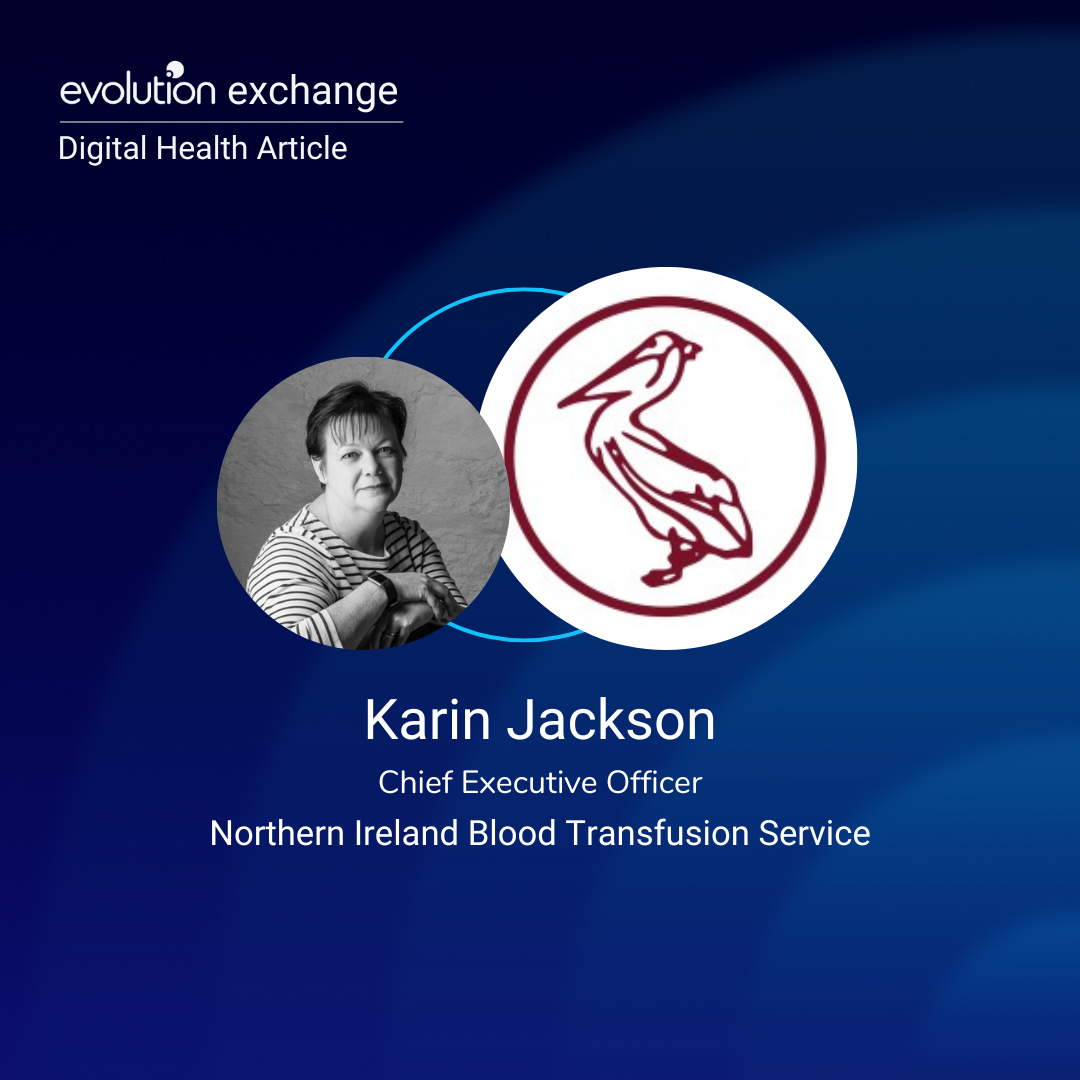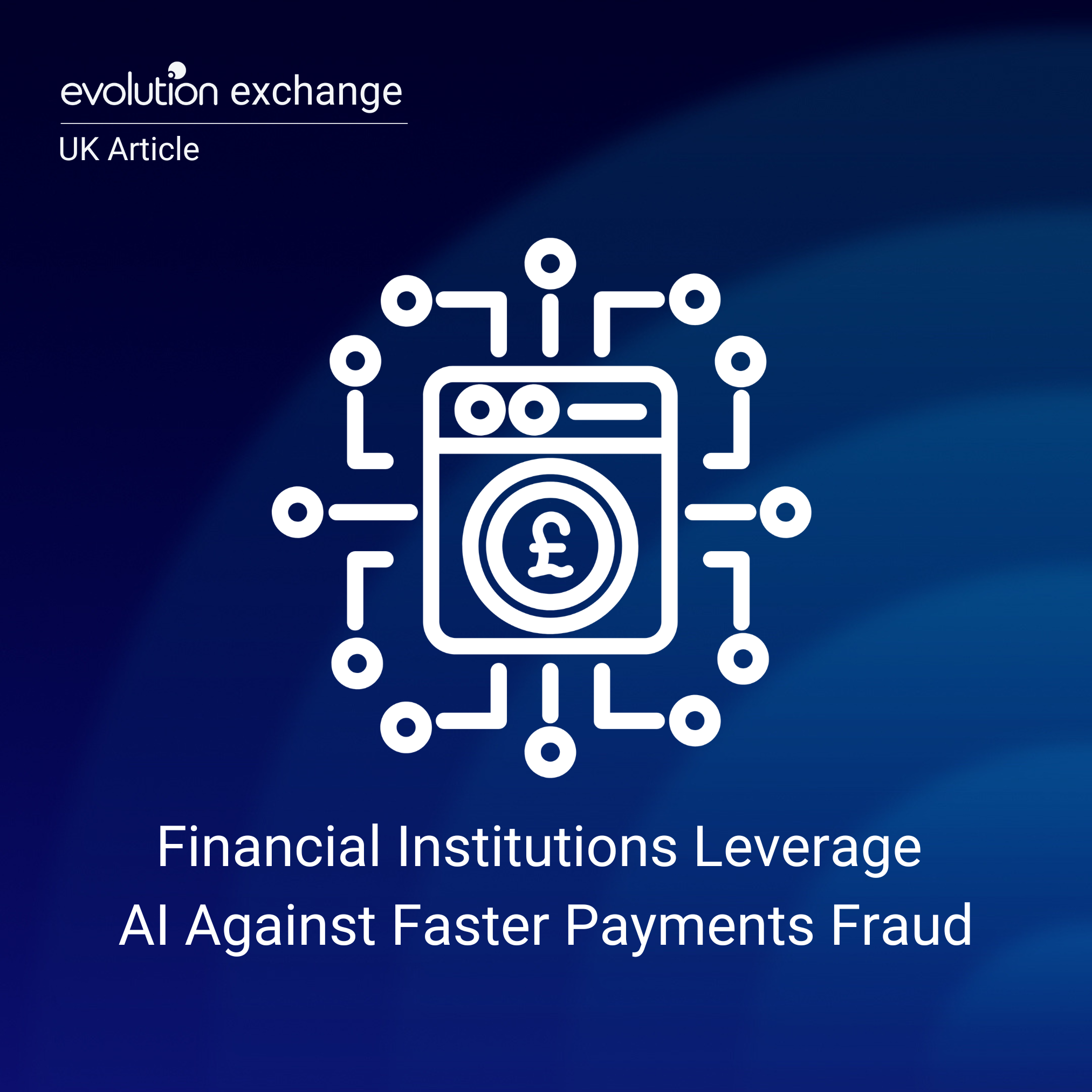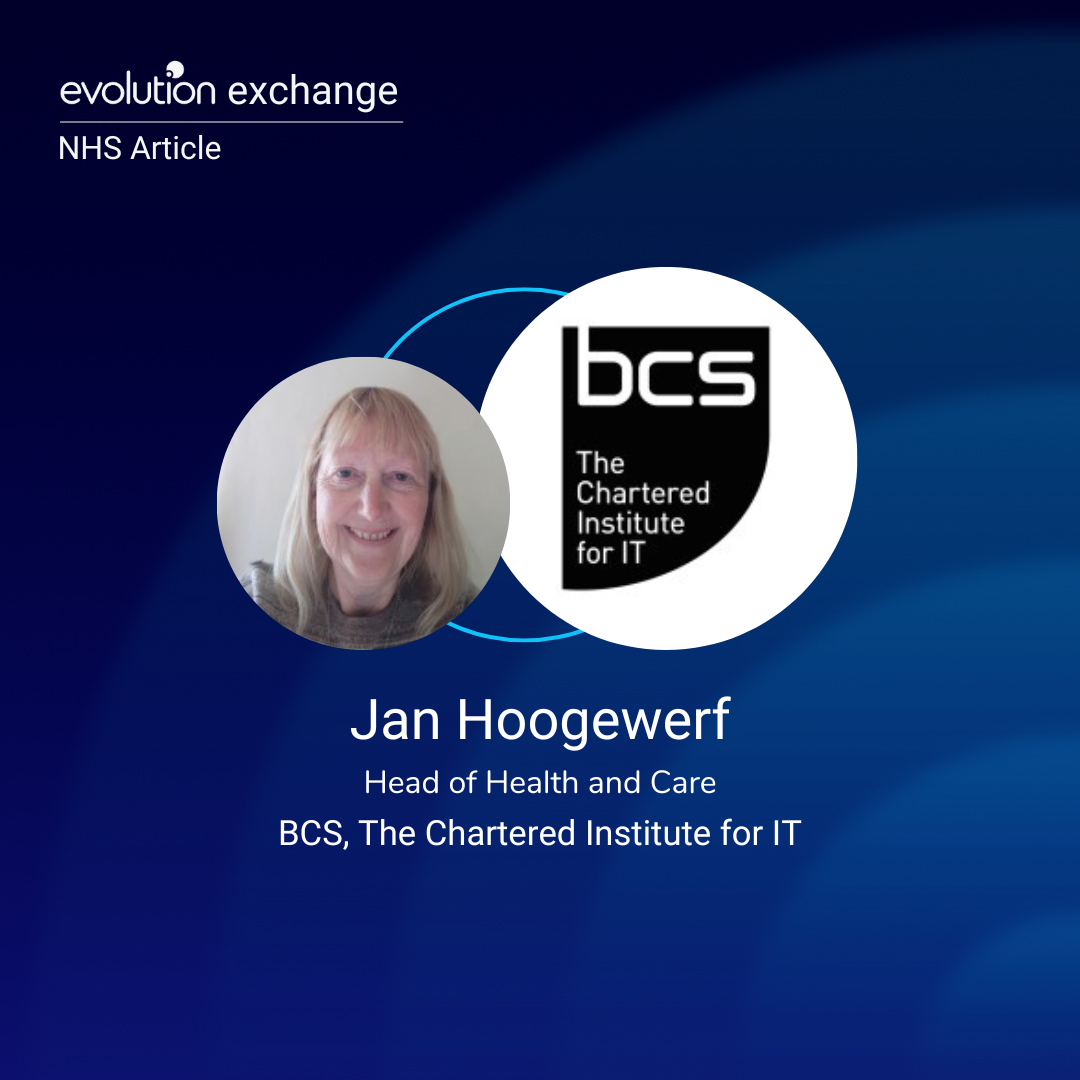Sarah Neenan is the UK Development Practice Lead & Lead Applications Developer at IBM.
Graduating with a master’s degree in Conservation and going on to do an EngD on Fish Behaviour and Conservation, Sarah’s route to one of the largest multinational technology companies in the world is, unusual and inspiring.
“I used to have to sit around a fish tank in a freezing cold warehouse watching fish swim. One day I was thinking: why isn’t there software that can do this? When I investigated it, I didn’t find any – so I thought why not give it a go myself?”
Taking free coding courses, Sarah learnt how to create her own website. When IBM came to her university careers fair, Sarah got talking to them and was invited to their offices to meet the tech team. Resonating with her self-starter attitude, IBM offered to teach her everything she needed to know about programming to kick-start a now six year long career at the bleeding edge of technology.
Joining as an Associate, Sarah has risen through the graduate program working on major projects to Managing Developer. Now leading her own team of developers and looking after the whole of the UK development practice which covers just over 300 developers across all the different IBM Client Innovation Centres (IBM CIC) in the UK.
Lone Female Developer
Throughout her time at IBM, Sarah has worked on a number of different projects that all have something in common – a distinct lack of female developers. When Sarah first started on the project she’s working on now, she was the only Female; the Developers, Business Consultants and Client Project Team were all Male.
As far as providing a more equitable landscape, Sarah believes that if we make enough noise about success stories and opportunities then talent will come.
One of the initiatives that Sarah actively drives is a series of roundtable sessions at local universities. These roundtable sessions involve brining together Women from various roles across IBM to share their thoughts and answer questions from students.
“We wanted to demonstrate that there are women in tech who enjoy their roles and who are successful in their careers. It was about breaking down stigmas and stereotypes that do exist.”
Amongst the questions posed to Sarah and the Roundtable Speakers were ‘What’s it like to be the only woman in a meeting?’ or ‘How do you balance your life around work?’
“I used to have to sit around a fish tank in a freezing cold warehouse watching fish swim. One day I was thinking: why isn’t there software that can do this? When I investigated it, I didn’t find any – so I thought why not give it a go myself?”
The Women of CIC
A story like Sarah’s – learning to code through a free code-camp and going on to have a successful career in technology – is something we’re hearing about more and more. However, more needs to be done to tap into the bursting vein of tech talent out there that simply doesn’t have the opportunity (or resources, as code-at-home courses become more and more expensive) to kick-start a career in tech.
With that, and her own development background in mind, Sarah and the Women of CIC Community has set up a bootcamp called Code the Future. Managing to bring together some volunteers, Sarah and her team created some course content that could be shared with potential students.
Running about six to eight weeks, with two hour sessions a week, the course has become a smash hit. So much so that IBM are fully endorsing the programme.
“Through volunteering and raising funds we are provide bursaries to allow students to travel to schools where we can give them access to laptops, help them get set up and teach them to build a website. They demo their sites to us and get a certification in return which can go on their LinkedIn profiles and CVs.”
With IBM’s backing, these courses have been brought into schools too through P-TECH, a new, non-selective, approach to secondary school education. The P-TECH model provides students — largely in disadvantaged communities — with a viable career path in today’s increasingly digitised economy. The model combines traditional secondary school approaches with tertiary education, structured work experiences, and paid internship opportunities provided by employer partners. Students will aspire to graduate from the P-TECH programme with a Level 4 qualification, such as BTEC or HNC, that enables them to immediately enter a competitive entry-level job or further pursue higher education.
“So, by the time they leave school, they’ve got the skills to go and become an apprentice or go to Uni and study computer science. We’ve just run our first P-Tech Code the Future cohort for 14-year-olds. We’re going to bring them over to the office on the last day to do their demos so they can see what it’s like at an IBM office and try and get them interested in pursuing tech that way.”
Code the Future has been taught to cohorts specifically for Women and the Black Community and has also been brought aboard to the Women and Children of Nepal.
We are Struggling to Get Developers
Initiatives like the courses mentioned above have resulted in clear pathways for those interested in starting a career in tech. However, the fight for experienced and project-ready talent is still being fought.
“My project specifically focuses on JavaScript in AWS; it’s surprisingly hard to find people who have strong experience in JavaScript and AWS, which is quite surprising seeing as they’re both really big technologies that people use.”
COVID-19 has left a lasting impact on many aspects of our lives, none has seen as much change as our working situation. Working from home, enforced for the best part of a year and a half, has become a requirement for many in the tech space. Something that start-ups and small tech companies, who can remain agile, have been able to capitalise on.
“We’ve started to lose people to startups. Many can offer complete remote working and special incentives that global companies don’t offer.”
Playing to the strengths of IBM, Sarah prefers to advertise the global community feel that comes with working at a large company.
“We have a really good global network. We need to advertise that you can go and work at the start-up with 10 other people, or you can come to IBM, who may not be as glamorous, but you’ve got all of these training opportunities, all of these networks, you can go literally anywhere in the world and talk to people.”
Advice for Those Entering the World of Tech
Asked a similar question at her recent roundtable session, Sarah and her fellow speakers had a few bits of advice for those starting out. First, it’s all about networking.
“I’ve got to where I am now through networking and meeting people and putting my name out there. Many of the projects I’m working on now have been through relationships I’ve built, not because I’ve applied for it. It can be a bit daunting, especially when you’re a graduate to go and talk to Distinguished Engineer who’s been working for 20 years and is at the top of their field – but I’ve never met anyone who wasn’t friendly about these things.”











